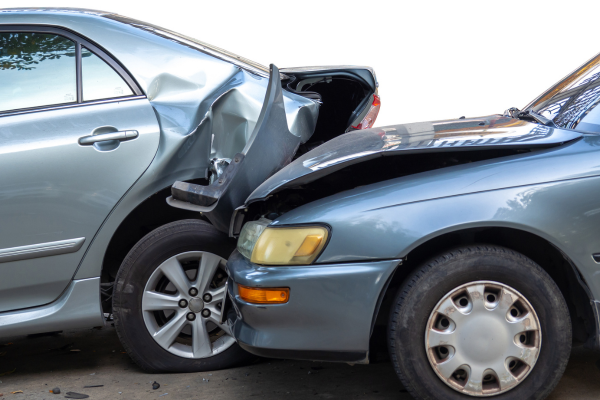
After a motor vehicle accident, the scene can quickly become chaotic. Drivers check for injuries, call the police, and assess property damage. In this confusion, two important documents often come into play: the crash report and the exchange of information. While they may sound similar, these documents serve very different purposes—and knowing the difference is crucial, especially if you’re pursuing a personal injury claim.
What Is an Exchange of Information?
An exchange of information is the informal sharing of details between drivers immediately following a collision. This typically happens before the police arrive—or in some cases, when law enforcement isn’t called at all.
The exchange should include:
- Full names of all drivers involved
- Contact information
- Insurance provider and policy number
- Driver’s license numbers
- License plate numbers
- Vehicle makes and models
This information helps both parties begin the insurance claims process. While it’s important to collect this data at the scene, it’s not an official record. There’s no verification from law enforcement, and it may not include witness statements or diagrams of the accident.
What Is a Crash Report?
A crash report, also known as a police accident report, is an official document filed by a responding law enforcement officer. It includes a detailed and impartial record of the collision, based on the officer’s observations and any available evidence.
A crash report typically contains:
- Date, time, and location of the accident
- Road and weather conditions
- Statements from drivers, passengers, and witnesses
- Description of injuries and property damage
- A diagram of the accident scene
- Officer’s assessment of fault or citations issued
Crash reports carry significant weight in legal and insurance matters. Insurance companies often rely on them to determine liability. Likewise, personal injury attorneys use crash reports to support claims and build a case for compensation.
When Is Each Used?
The exchange of information is useful for quickly documenting basic facts when both parties are cooperative and no serious injuries occur. It’s especially common in minor fender-benders.
A crash report, however, is essential when:
- Injuries are involved
- Property damage exceeds a certain threshold (varies by state)
- One or more parties are uncooperative
- A crime, such as DUI, is suspected
Most states require a crash report to be filed in accidents involving injury, death, or significant property damage. Failing to report such an accident could result in fines or even criminal penalties.
Why Does This Matter for Personal Injury Claims?
If you’re injured in a car accident, the difference between an exchange of information and a crash report can impact your case. Insurance companies are more likely to challenge claims that rely solely on the informal exchange of data, especially if there is no impartial record of the incident.
A crash report adds credibility and context. It can help establish:
- Who was at fault
- Whether any traffic laws were violated
- How severe the accident was
Even if you’ve already exchanged information with the other driver, it’s a good idea to contact the police and request a crash report—particularly if you’re experiencing delayed symptoms or suspect the other driver is at fault.
Final Thoughts
While both documents are important after a car accident, only one carries legal weight. The exchange of information is a necessary first step, but a crash report is often critical for protecting your rights and securing fair compensation.
Contact a Florida Personal Injury Lawyer
If you have been involved in a personal injury incident, seeking legal advice is essential to protect your rights. Our legal team has more than 40 years of experience seeking justice for accident victims. Our attorneys have sought and won millions of dollars for our injured clients.
Call 850-601-1111 to schedule a complimentary consultation with no obligations. This consultation will help you explore your legal options. Let us help you fight for fair compensation.


